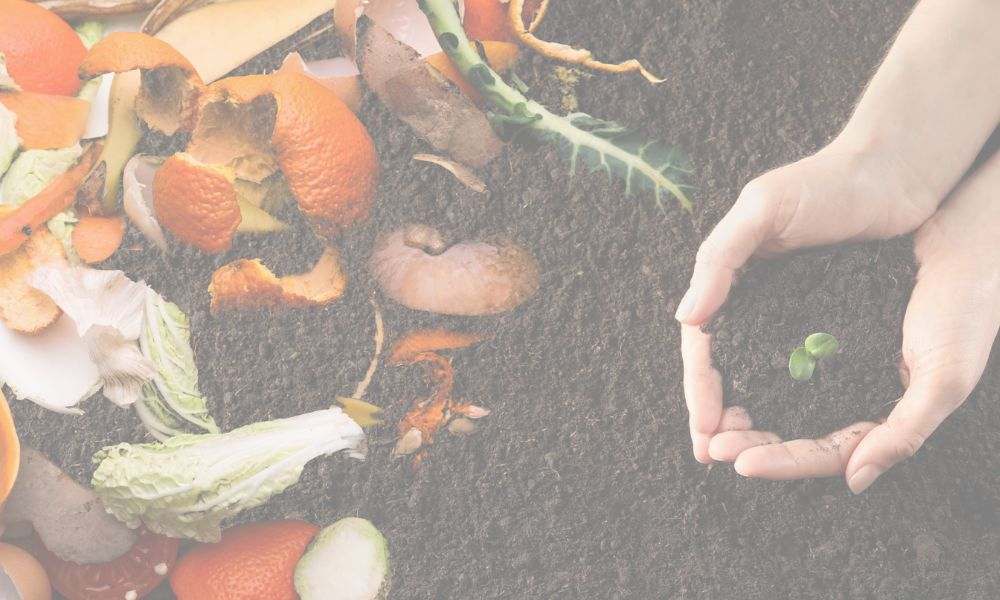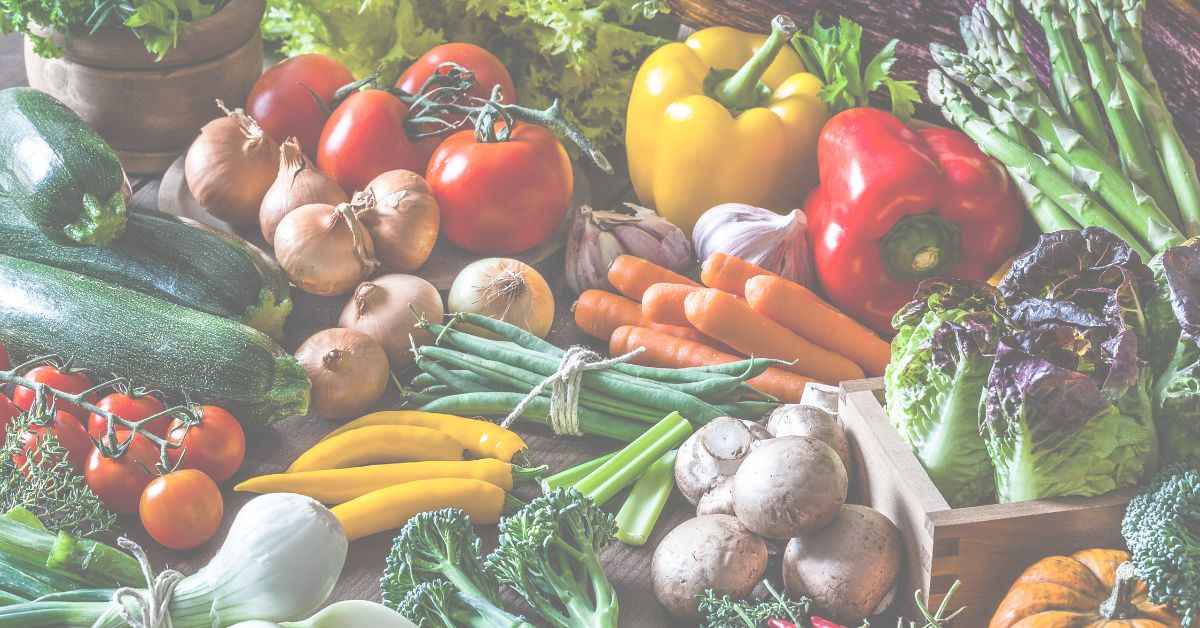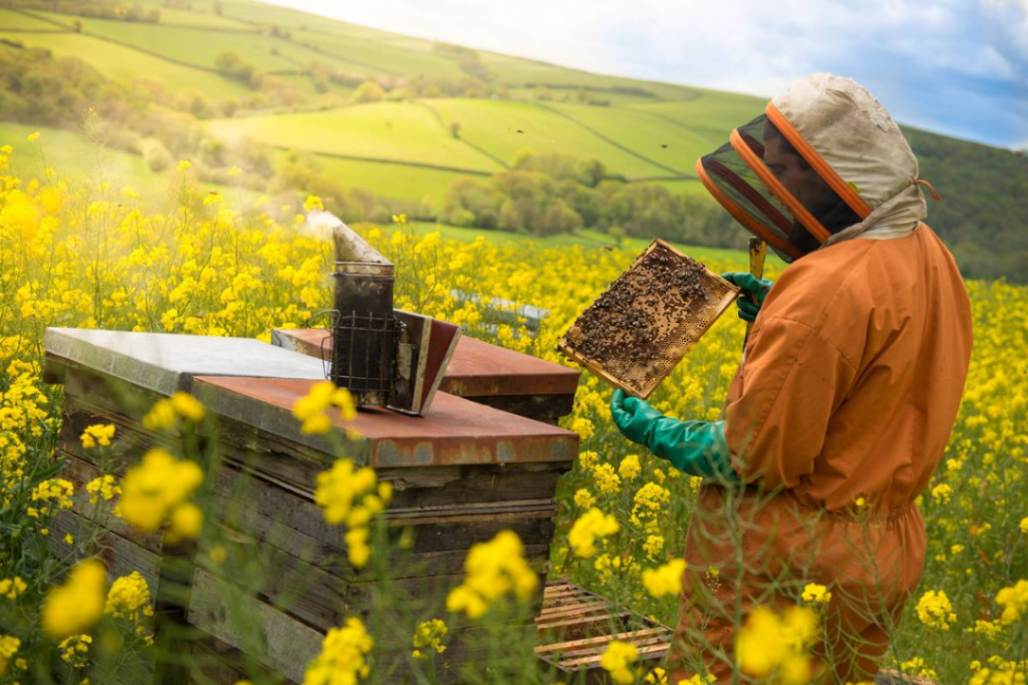Honey Bees in Organic Farming
Have you ever wondered why honey bees are so important? These little buzzing insects are like superheroes in the world of farming and nature. They do much more than just make honey. From pollination to ecosystem health, these tiny marvels are fundamental to organic farming and the broader environment. Let’s learn why honey bees are crucial, especially in organic farming, where they play a vital role.
Importance of Honey Bees in Organic Farming
Pollination Partners
Honey bees are prolific pollinators, flitting from flower to flower in search of nectar and inadvertently transferring pollen grains. This process is essential for the reproduction of many flowering plants, including numerous crops integral to human diets. Honeybees are extremely useful in the field of organic farming since synthetic fertilizers and pesticides are avoided. Their diligent pollination efforts ensure the success of organic crops, contributing significantly to yields.
Consider the almond orchards of California, where honey bees where honey bees are important in pollinating almond trees, ensuring a successful harvest. Without the presence of bees, these orchards would struggle to produce the abundant yields that sustain both local economies and global food markets. Organic farmers, who are dependent natural pollination processes, are particularly dependent on honey bees to achieve bountiful harvests without resorting to synthetic interventions.
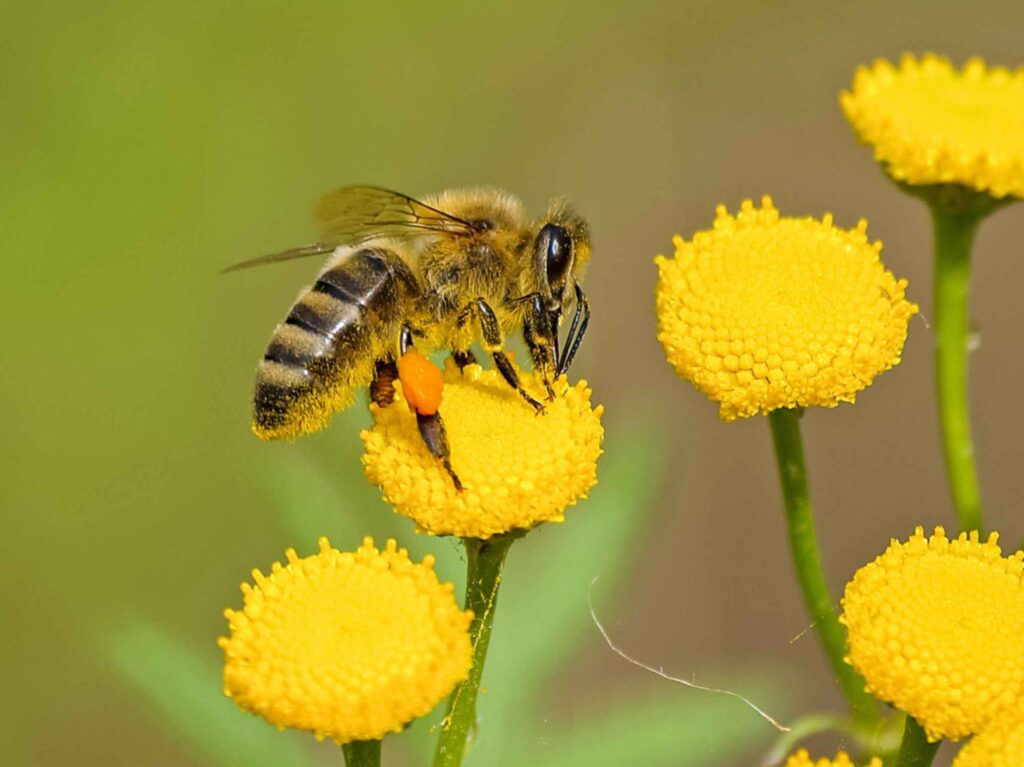
Biodiversity Boosters
Beyond their role in crop pollination, honey bees contribute to biodiversity by facilitating the growth of diverse plant species. As they visit flowers in search of food, bees inadvertently transfer pollen between plants, promoting genetic diversity and ensuring the survival of various species. Organic farms, with their emphasis on natural ecosystems and biodiversity, benefit immensely from the presence of honey bees.
By encouraging the proliferation of different plant species, bees create habitats and food sources for a multitude of other organisms, from insects to birds. This interconnected web of life fosters resilience in ecosystems, making them more resistant to disturbances and environmental changes. Thus, honey bees are not just essential for agricultural production but also the health and stability of entire ecosystems.
Natural Pest Management
In organic farming, where synthetic pesticides are avoided, honey bees indirectly contribute to pest management through their pollination efforts. Bees contribute to the creation of ecosystems that are less vulnerable to disease and insect infestations by encouraging the growth of robust, healthy plants. Also, some organic farming practices, such as companion planting, harness the power of bees by strategically planting certain species to deter pests or attract beneficial insects.
Also, the presence of diverse plant species supported by honey bee pollination can attract natural predators of pests, creating a natural balance within the ecosystem. This reduces the need for chemical interventions and fosters a more sustainable approach to pest management in agriculture.
Food Production
Honeybees are an essential component of agriculture and food production, as they play a vital role in pollinating a diverse array of crops crucial for human consumption. They pollinate a wide range of crops, including vegetables like cucumbers, tomatoes, and squash, as well as fruits like apples, oranges, berries, and melons.
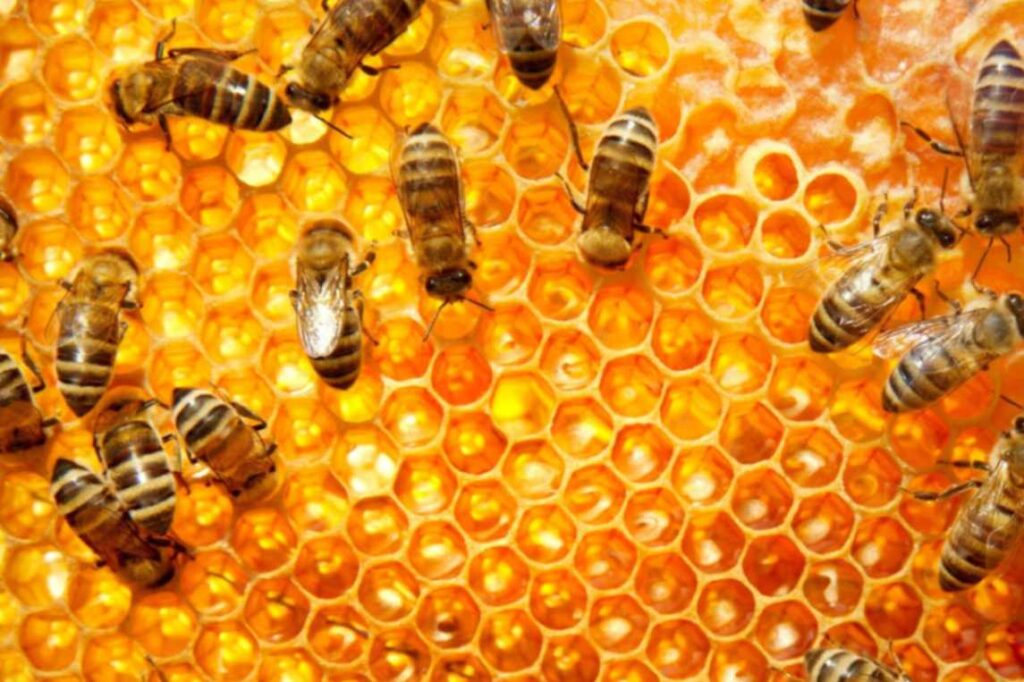
The Decline of Honey Bees: A Cause for Concern
In recent years, honey bee numbers have declined despite their tremendous importance. Various factors, including habitat loss, pesticide exposure, climate change, and diseases such as Colony Collapse Disorder (CCD), have contributed to this alarming trend. The decline of honey bees poses a significant threat not only to agriculture but also to entire ecosystems that are dependent on them for pollination and biodiversity.
At SapAgro, an Organic Farming Training Institute in India, we recognize the paramount importance of honey bees in sustainable agriculture. Join us in cultivating a healthier future today. We offer comprehensive training in organic farming, and sustainable practices that nurture the soil, respect biodiversity, and yield wholesome produce.
Conclusion:
Honey bees are indispensable to both organic farming and the broader environment. Their role in pollination, biodiversity promotion, and natural pest management is essential for sustaining agricultural productivity and ecosystem health. As caretakers of the planet, it is our responsibility to take proactive measures to protect and preserve honey bee populations.
By supporting sustainable agricultural practices, advocating for bee-friendly policies, and creating habitats conducive to bee health, we can ensure that these vital pollinators continue to thrive for generations to come. The survival of honey bees is not just a matter of agricultural concern; it is a matter of environmental and food security for all living beings on Earth.Top of Form

